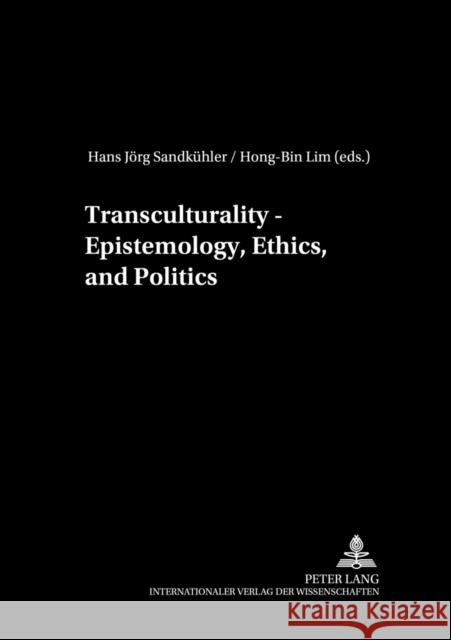Transculturality - Epistemology, Ethics, and Politics » książka
Transculturality - Epistemology, Ethics, and Politics
ISBN-13: 9783631532973 / Angielski / Miękka / 2004 / 206 str.
The concept of transculturality no longer assumes that cultures are homogenous unities with stable borders. Borders are no longer given, be it through nation, ethnicity, religion or tradition, or homogenous subject-identities etc. Rather, they emerge and change through the dynamics and complexity of flexibly coexisting networks between persons. To this degree, cultures are agendas, within which one thinks and according to which one wants to act in solidarity with others, because more than one person is convinced of its worth for the shaping of life.
This is the context, within which Korean and German philosophers, social scientists and cultural scientists together and in an atmosphere of openness and learning pursue their interests in philosophical questions about human existence, about understanding and knowledge and in problems of society, law, democracy and state. There are topics to be discussed these days not in isolation from one another, but transculturally which are topics of that one world: universal and local discourses on culture, transculturality and cultural differences in the age of globalization, the role of religions within cultures, the possibility of transcultural communication, public rationality, transcultural justice and the universality of human rights."











